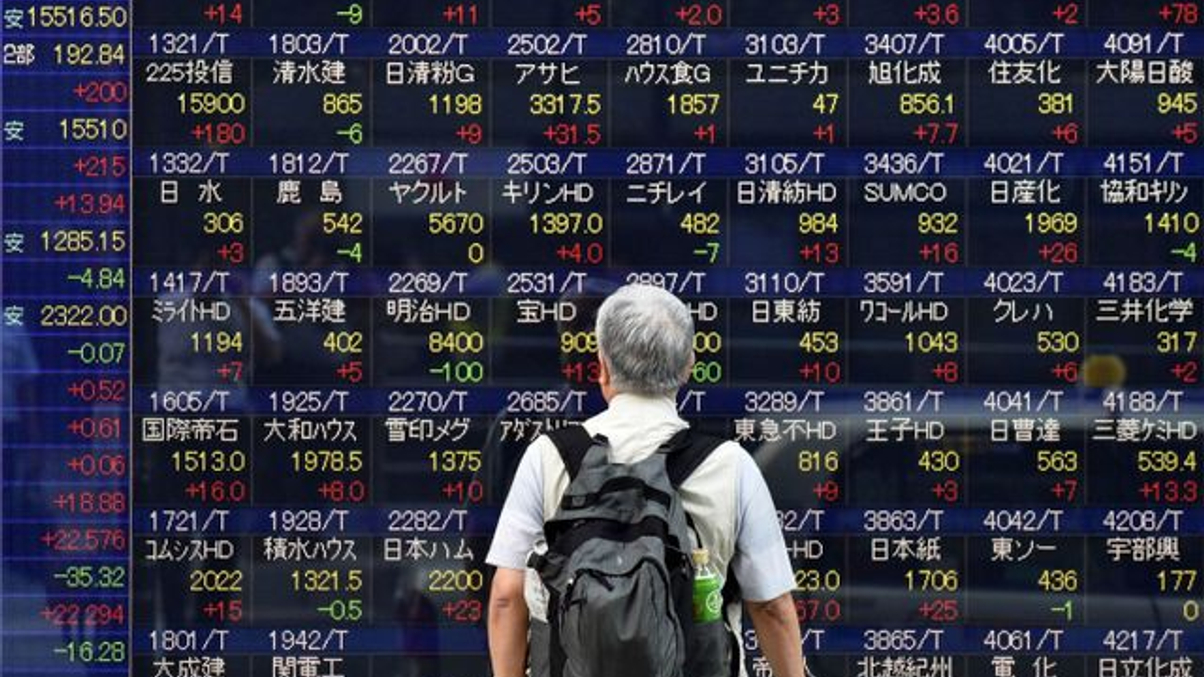Japan’s Chikyoren awards domestic equity mandates
The pension fund is adding domestic exposure to its portfolio and Japan’s stock market could face a game-changing year, one manager told AsianInvestor.

Japan’s Pension Fund Association for Local Government Officials, also known as Chikyoren, has hired Tokyo-based fund houses Nikko Asset Management (Nikko AM) and Sumitomo Mitsui DS Asset Management (SMDS AM) for an active domestic equity mandate.
Sign in to read on!
Registered users get 2 free articles in 30 days.
Subscribers have full unlimited access to AsianInvestor
Not signed up? New users get 2 free articles per month, plus a 7-day unlimited free trial.
¬ Haymarket Media Limited. All rights reserved.


